Introduction
This is the first "proper" article!
Today, I am covering Nioh, an action role-playing video game set in a dark fantasy version of 1600s Japan.
I will share a little about playing Nioh (available on PlayStation and PC). Yet, I will focus on an unexpected history lesson on Japan's history (and England) uncovered by playing this game. I am so excited!!!
How I discovered the game:
The first time I checked Nioh out on IGN - it didn't seem like a game I would enjoy. It was clearly inspired by Dark Souls - a masochist game that kicked my ass too many times that I just ended up putting away...
Yet Nioh comes from Kou Shibusawa and Team Ninja studios. Hence it borrowed heavily from the Ninja Gaiden series. Those games were famous for the fast-paced combat that puts your reflexes to the test and can be punishing at times if you tried to button mash your way through.
Plus, it was part of the PlayStation Hits series, which meant I could grab it for £15 and even if I didn't like it - well, that's one less trip to a restaurant. Thus, my journey began - and to my dismay, I almost gave up after failing to defeat the first boss.
Yet, after looking through forums for tips and watching a few walkthroughs - the monster was slain, and I could enjoy the masterpiece! Turns out that this first boss is a hardcore tutorial that teaches you to effectively dodge, control your stamina and read the timing of your attacks and the enemy.
When you conquer it though - the rest of the game will suddenly become much more accessible.
The hidden value of the game
The real charmer is, of course, the narrative. Unlike Dark Souls, which just pushes the player into the world without any coherent structure, Nioh is divided into the clearly labelled story- and side-missions.
Main missions have beautifully rendered cutscenes and throw you in the middle of a war. At first, I legitimately thought the plot is entirely fictional (I am fighting monsters after all...).
Yet a few missions in, I've noticed how epic the introductions to new characters and deeply thought out their backstories were. With so many references that I got lost as to who is who, I started digging online for what is actually happening in the narrative.
To my pleasant surprise, it turned out that the narrative is grounded in the Sengoku period, a.k.a. "The Warring States Period" of Japan (the 1460s - 1620sm quick maths ~150 years). It started because:
The warlord government (shogunate) of that time was losing influence over provinces distant to Kyoto, then-capital
There was a problem of multiple candidates in succession to the power (internal politics)
Thus, it was an excellent recipe for a civil war that collapsed the shogunate's feudal system. Therefore, there was a vacuum of power that was waiting to be filled...
Interestingly enough, ~ 70 years into the period (i.e. the 1540s), Europeans have landed in Japan (in search of a trade route with China). In pursuit of beating its rivals (England and Spain), the Portuguese have made an agreement with the Japanese to introduce matchlock firearms (arquebus), multi-decked sailing ships (Galleons) in exchange for gold deposits and safe passage for Christian missionaries (Roman Catholicism).
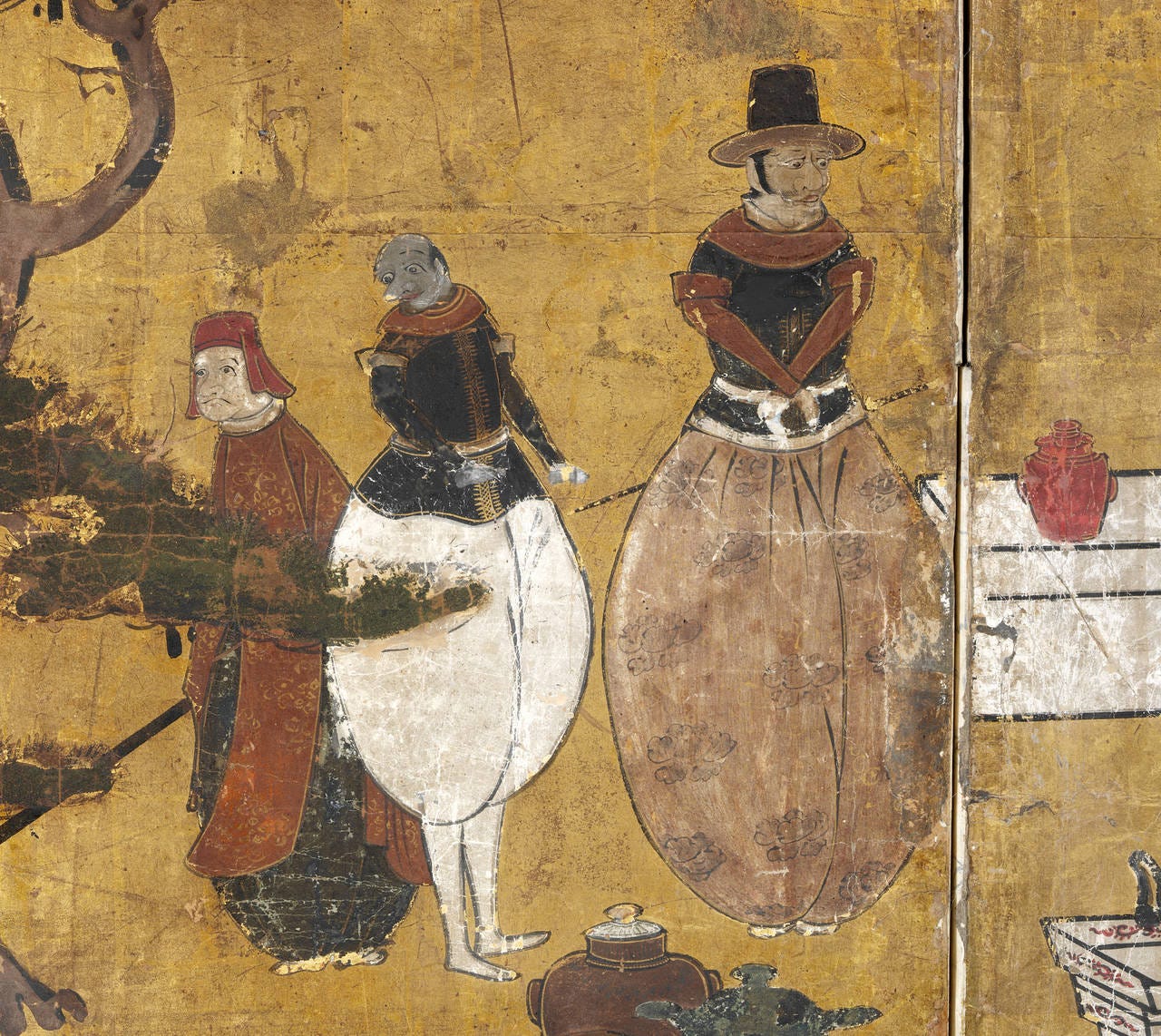
That started the Nanban Trade, 'Southern barbarian trade', that lasted all the way until the 1620s when the first isolationist policy was introduced (yep, when the Sengoku period was over).
Enter the dragon
Back to the narrative: whilst many tried to take power into their own hands, Oda Nobunaga grew from lordship over a small province to controlling half of Japan. That made him the first of "The great unifiers of Japan".
He rose to prominence through his disregard of traditional ways. One example would be recruiting and training an army of peasants to fight the samurai, Japan's warrior class. Oda also demonstrated himself as a tactical genius when he managed to beat opponents with 20x his army size!
Before him, battles were always conducted during daylight and in the open spaces (fields), whilst he could choose to attack an enemy during the night - i.e. "without honour".
He was constantly searching for things that could give him even a slight advantage. For example, he relied on constant communication from scouts to track the enemy's position - getting reports every 15 minutes.
Do you remember the Europeans? Well, he was a continuous client of theirs - buying and adopting arquebus for warfare, whilst his opponents considered it useless on the battlefield (because of long reload times).
Whilst impressive, his path to power was painted in blood from the genocide against religious groups and even entire provinces. No elders/ women/ children were spared, and executions were public to display his authority.
His Ego demanded a grand castle decorated with pictures of historical figures at the bottom and gods at the top. His room had bare walls and only a mirror to imply his god-like status (I guess it was hard to come by those days🤷♂️). Such cruelty and egotism led to people naming him "The Demon King". He is essential to the narrative.
And the protagonist is ...
You are playing as an Irish sea-fairer imprisoned in the Tower of London. Something happens there (spoiler-free) that leads you to get washed ashore in Japan around 1600. Your name is William Adams. You have a personal agenda, which gets uncovered early in the game, leading you there.
Another remarkable fact - in actual history, William Adams was the first non-Japanese to become a samurai and the first Englishman to have reached Japan.
You arrive at the time after Oda Nobunaga and his follower Toyotomi Hideyoshi, the second of the 'Great Unifiers of Japan', passed away.
I will not go deep into Toyotomi Hideyoshi's history yet to avoid spoiling Nioh 2 before I complete the game (which is technically a prequel to Nioh 1).
Somehow your participation in the conflict for power after Hideyoshi's death will influence Japan's future and decide who will be the last Great Unifier. The sides are as follows: Tokugawa Ieyasu vs Ishida Mitsunari.
Are you starting to get lost in all the names? No worries, the game directors have come up with a fantastic game mechanic - every significant character has a 'Guardian spirit'. It usually takes an animal's shape and embodies that character's traits. E.g. Tokugawa Ieyasu has a tanuki (racoon) with a palace on its back.
This means that people unfamiliar with Japanese history are more likely to remember a character and might even take an interest in learning more. 😉
Amazing folklore
It will be hard not to enjoy the wealth of folklore that made it into the game. The protagonist has a unique link with the spiritual world, which allows him to see the guardian spirits and the wicked spirits, collectively known as the Yokai.
Like in many other cultures, the Yokai are impersonations of phenomena that did not have a reasonable explanation at that time. Hence, as knowledge grew, the yokai became more like caricatures than feared phenomena.

Game creators made a bold move of intertwining history with the folklore of the time, thus creating a dark fantasy version of the story. There is a boss battle every few levels with either a Yokai or a historical figure (or both). Like then dead wife of Oda Nobunaga, princess Noh, comes in the form of an ice spirit in Honnoji temple where both she and Oda died of treason.
The folklore legends hold that a woman who dies an unnatural death during a snowstorm will return as a Yuki-Onna (literally, 'the snow woman'). In the lore of Nioh, princess Noh becomes that spirit. She manages to freeze Kyoto's entire city because of her grief over the death of her beloved husband. It is up to you to beat her in battle and set her spirit free.
Conclusion
Nioh is an enjoyable and rewarding game to play - although it has a very steep difficulty curve. The real value, in my opinion, comes from interacting with pieces of history in a very engaging way. I hope that gamers who never tried it before will put it on top of their backlog. Whilst people who played it will enjoy learning a bit more about the historical context behind the narrative 😉
Please let me know what you think of it in the comments or reply via email: whether you want more similar articles or other topics in the future :)
To learn more about the Great Unifiers of Japan, I highly recommend this series on Netflix called Age of Samurai — Battle for Japan.


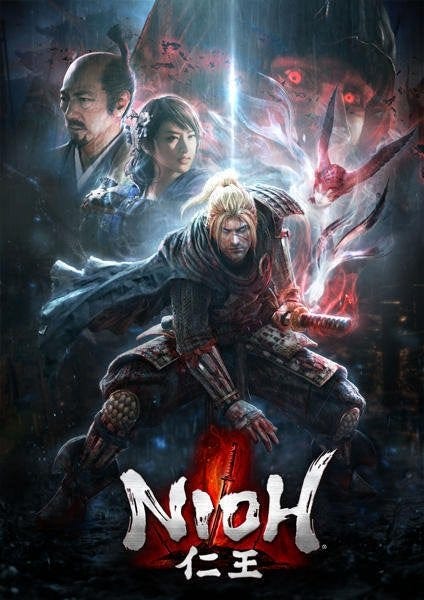


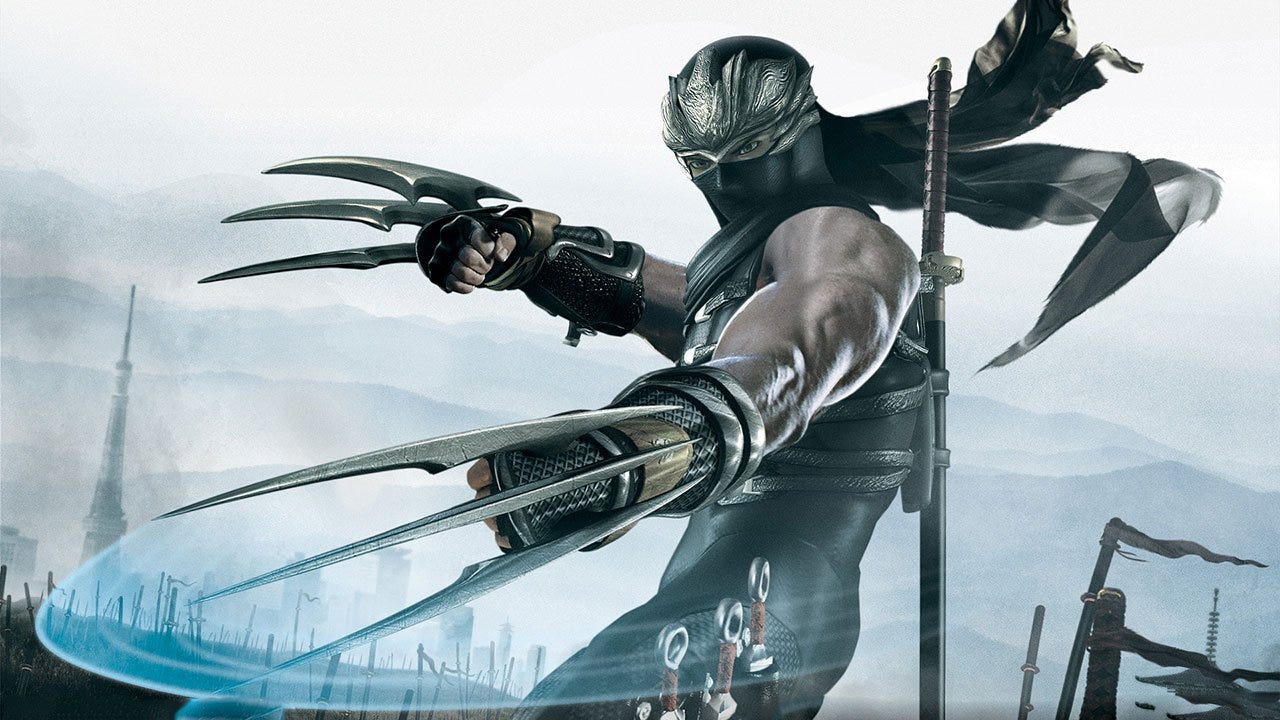




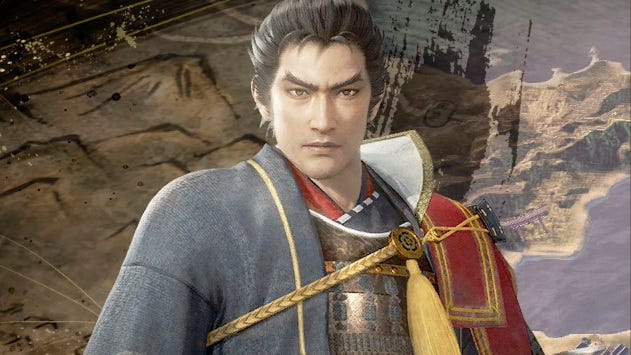



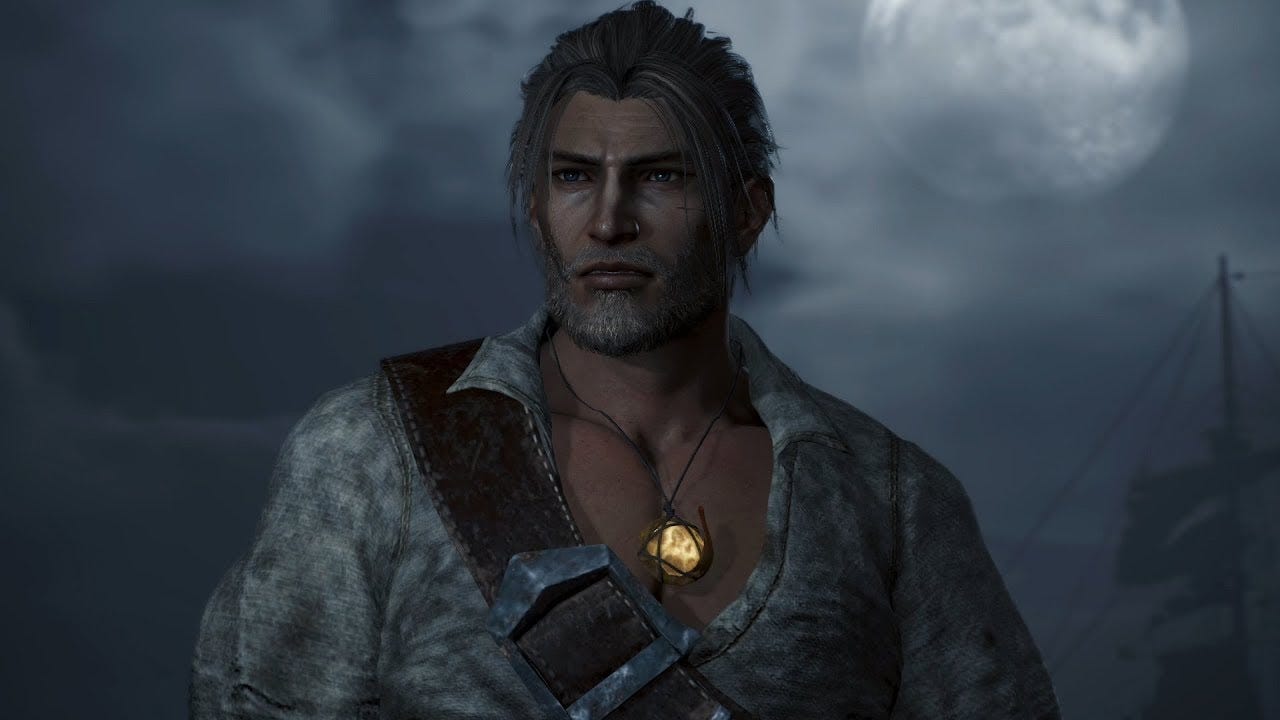
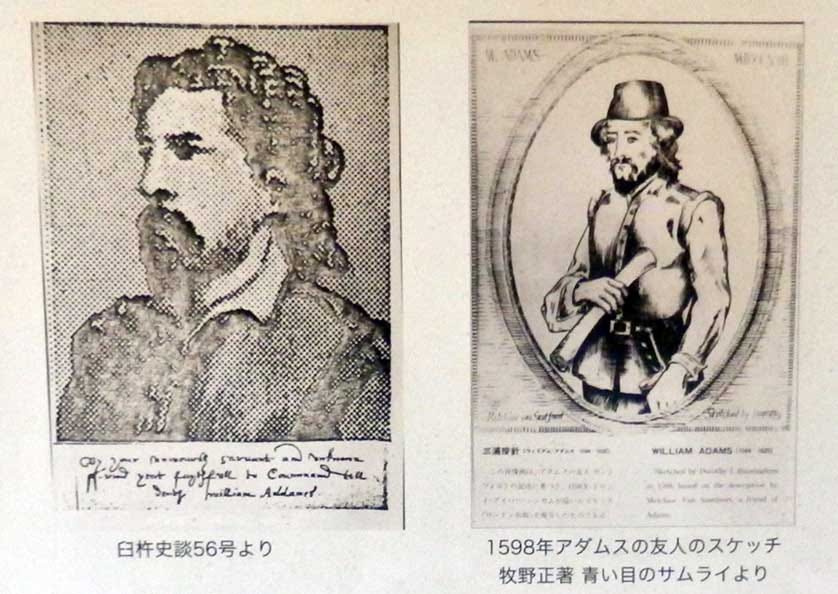

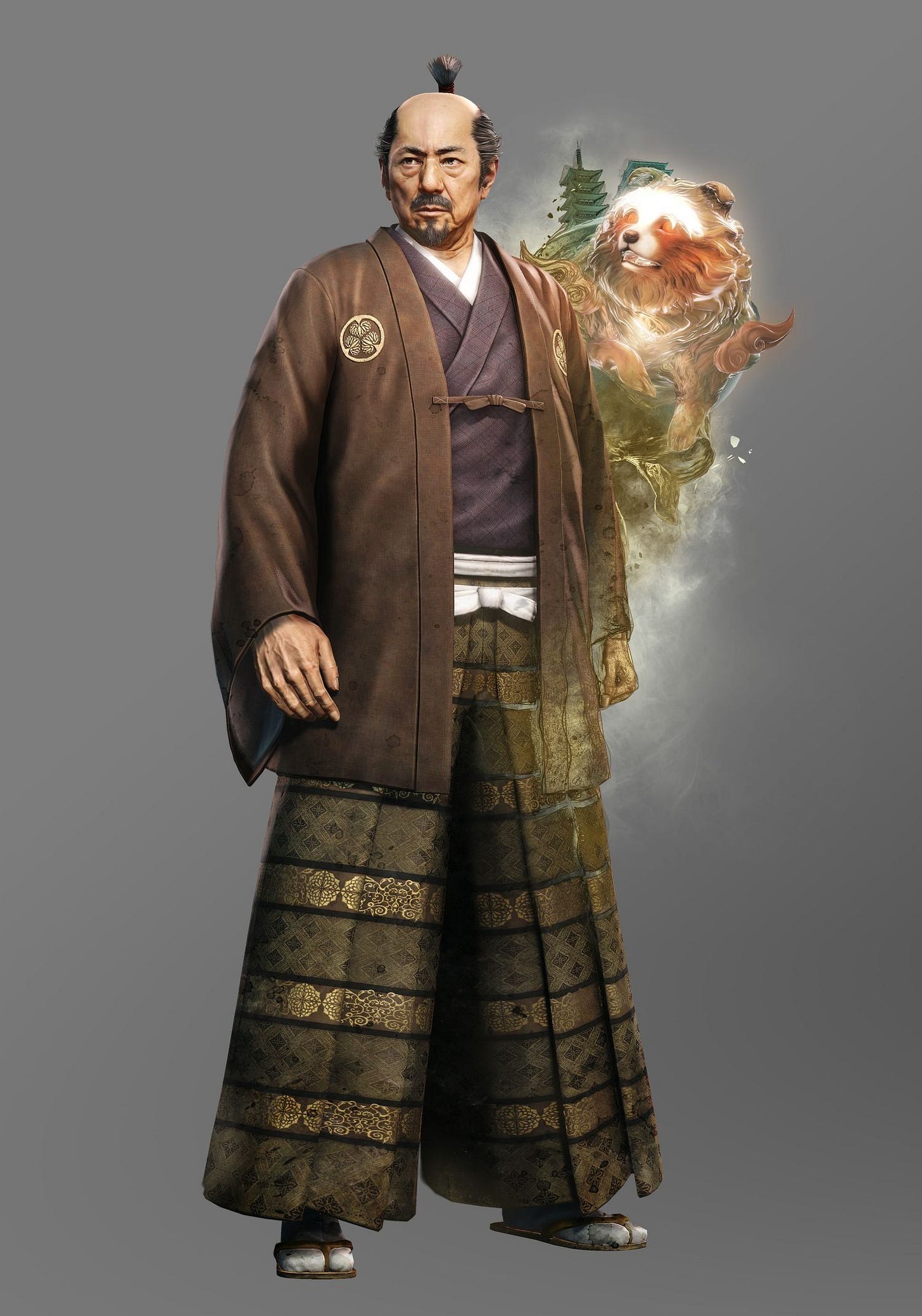




this game beat my ass a fuck ton until i got gud and ended up farming around 100 floors of the abyss a day drunk cause my eyes starting hurting from that shitty red until i beat it, then half a year later the second game kicked my ass again